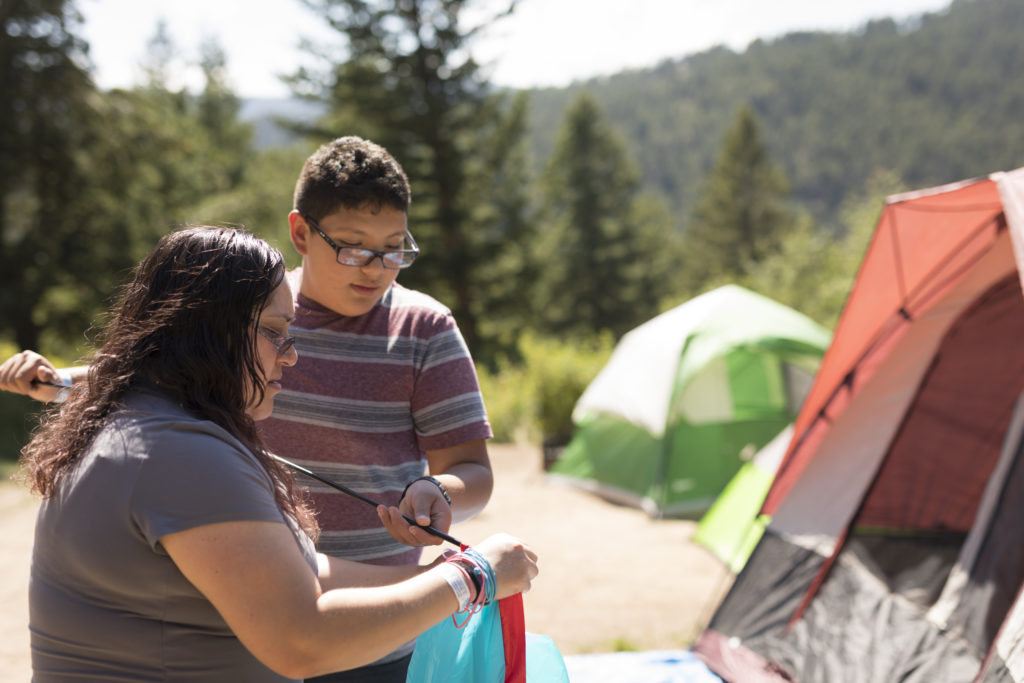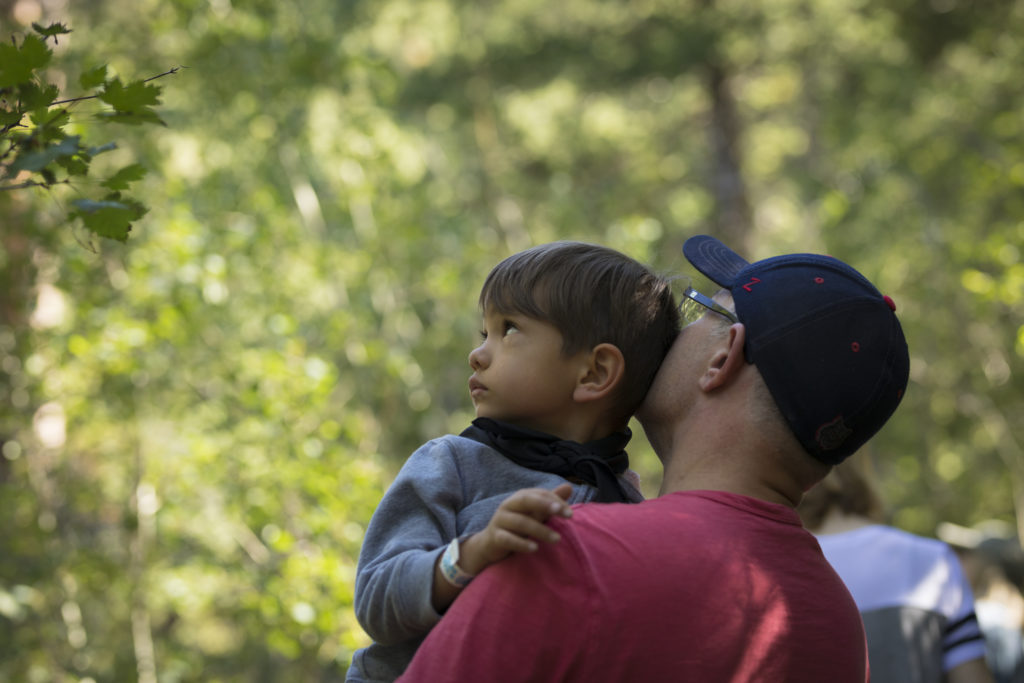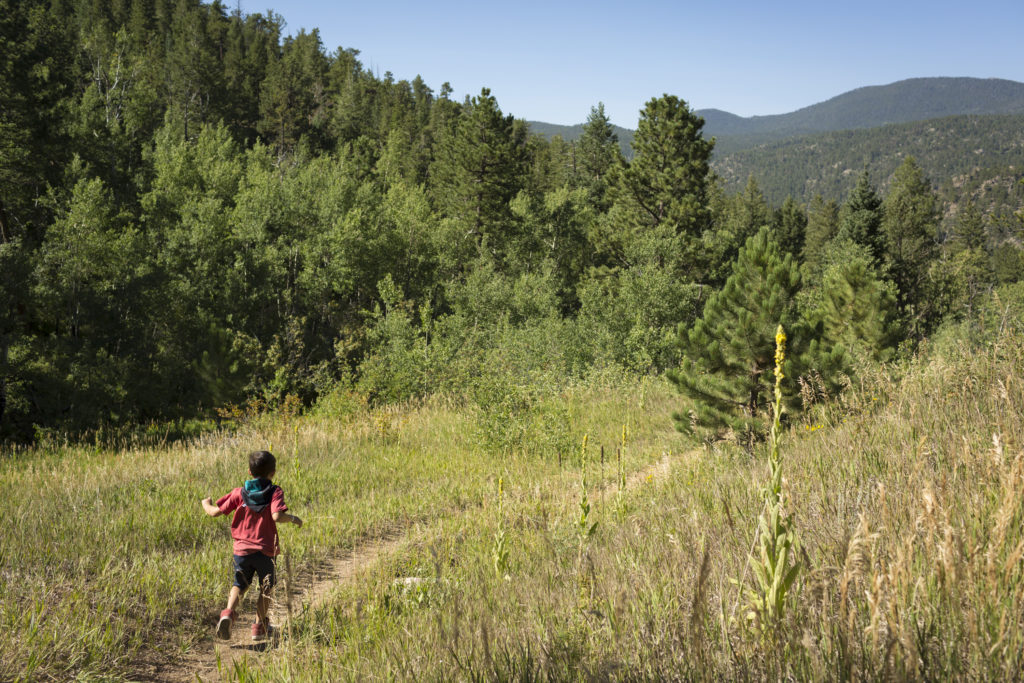Learn about brain health and nootropics to boost brain function
How Spending Time Outdoors Can Boost Student Academic Potential


School is back, and with it come parents’ concerns for their child’s academic performance. Parents want what is best for their kids and, in order to ensure a successful future, they are constantly on the lookout for tools that can help them reach their full potential. However, parents often overlook the benefits that outdoor activities can have on a child’s mental and physical health. In fact, there are many ways in which the outdoors can be utilized as an easy and affordable tool to boost your child’s academic potential.
BRAIN FUNCTIONING
Today the majority of Americans, including children, spend most of their time indoors. Today’s children devote an average of seven minutes a day to unstructured outdoor play time. This means that they are not getting the health benefits of outdoor time in nature. In this new age of technology many parents struggle to convince kids to trade screen time for green time. Nonetheless, neglecting to spend enough time outside can affect your child’s Vitamin D levels and brain health.

Vitamin D, also known as the sunshine vitamin, helps the body to absorb calcium, which is vital in the bone-building process. An individual with Vitamin D deficiency will struggle building and maintaining strong bones, fighting infections, and preventing the development of autoimmune diseases. Even though outdoor time alone might not be enough to reach the Vitamin D blood levels recommended for your kids, it will help, while also ensuring that they have more efficient brain and physiological functioning.
SLEEP PATTERNS
Lack of exposure to natural light during the day could also be contributing to your child’s inconsistent sleep patterns and therefore negatively affecting their academic performance.
According to a Boston College study of 50 nations, American students were found to be the most sleep-deprived. This lack of sleep is not only having a negative effect on their grades, but it could also be affecting their stress levels and emotional health.

The National Sleep Foundation underlines that failing to get enough sunlight early in the day confuses your body’s internal “circadian” clock. For students, starting the school day without being exposed to sunlight can cause them to have trouble falling asleep at night. It has also been reported that individuals who get more exposure to natural light during the morning not only sleep better at night, but they also feel less depressed and stressed than those who do not.
Check out the National Wildlife Federation’s Green Time for Sleep Time report for more information on how the natural light and outdoor exercise can help children.
ATTENTION SPAN
Research has also shown that children with ADHD respond positively to spending time in natural settings.
A 2009 study by Frances Kuo and Andrea Faber Taylor, researchers from the University of Illinois, revealed that children who were professionally diagnosed with ADHD concentrated better after just 20 minutes of walking in a park. Those 20 minutes in a natural environment were enough to elevate attention performance, which lead the researches to the conclusion that “doses of nature serve as a safe, inexpensive, widely accessible tool for managing ADHD symptoms.”
Furthermore, a Norwegian study analyzed 562 children between the ages of 1 and 6.5 years old to better understand “the effect of between one and nine hours of outdoor time per day on children’s health and development.” The researchers concluded that as the hours increased, inattention and hyperactivity symptoms amongst the children decreased.
NATURE: THE CHEAPEST MEDICINE
In addition to the aforementioned positive aspects, spending time outdoors with your kids has countless benefits. Time spent in nature can help kids and adults alike by lowering blood pressure and supporting cognitive function. Kids who like to get dirty also benefit from contact with bacteria in soil, which can help increase serotonin levels. Research has also shown that kids who play outdoors get more physical activity, which increases their endorphin levels. Serotonin and endorphins help regulate mood and social behavior, appetite and digestion, sleep, and memory,
The National Wildlife Federation provides opportunities and resources that can help families indulge in the calming effects of nature while enjoying some quality time together. One of these opportunities is the Great American Campout.
The Great American Campout is a celebration of camping as a way to connect with nature and wildlife. Camping can happen during any season and in almost any location, even now that kids are back in school. The purpose of this initiative is to encourage camping by anyone, anywhere (park, beach, campground, forest, or backyard), and by any means (RV, tent, cabin, under the stars, etc.)

In 2016, a study published by Plymouth University in the UK, found that children who camp in the great outdoors at least once a year improve their academic performance, and are generally healthier and happier. The study also revealed that 98% of parents feel camping makes their kids appreciate and connect with nature; 95% of parents feel their kids are happier when camping; and 93% feel that it provides useful self-reliance skills for later in life.
Similarly, on August 11, 2018, the National Wildlife Federation and Ranger Rick joined the Colorado Wildlife Federation at Jellystone Park™ in Estes Park, CO for a day full of family friendly activities including guided nature walks, wildlife themed crafts, scavenger hunts, camping tips, and more. The intent of events like this is to give children and parents the opportunity to explore and connect with the majestic nature that surrounds us.
Click here to view full article